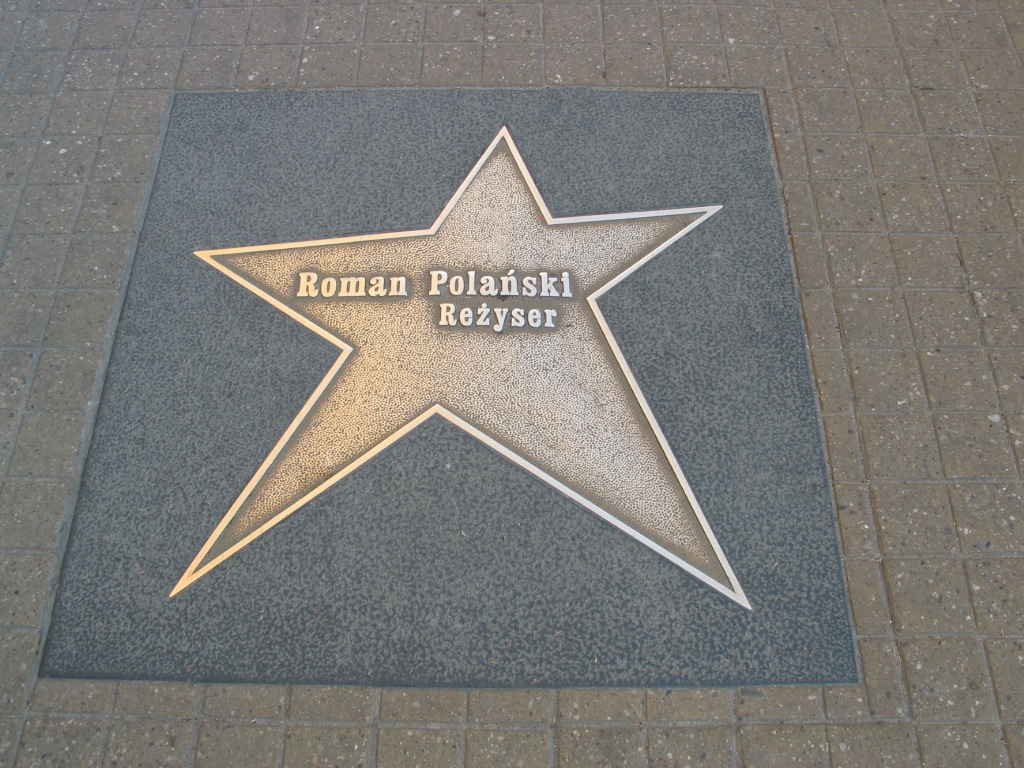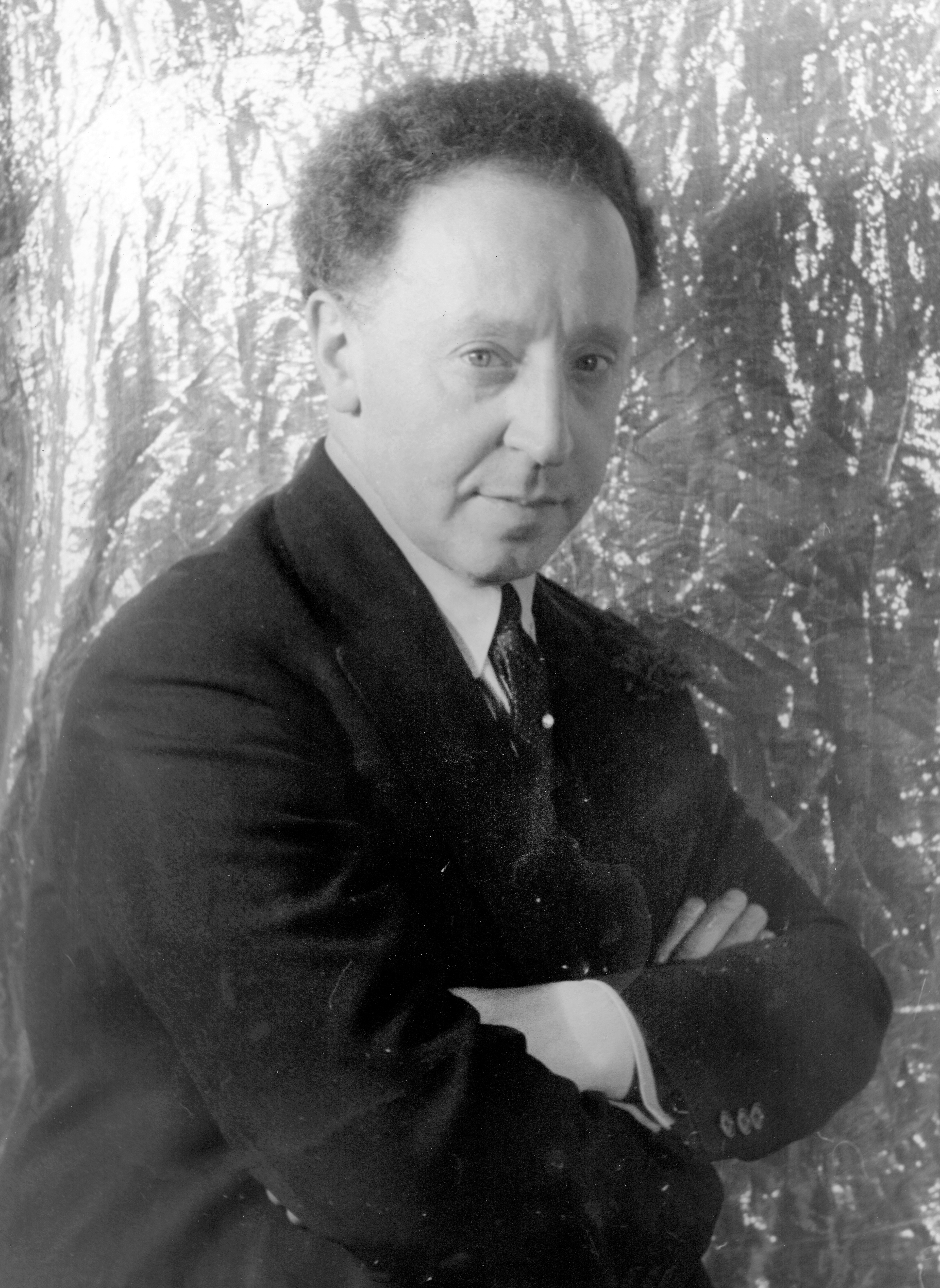|
Piotrkowska Street
Piotrkowska Street ( pl, ulica Piotrkowska), the main artery of Łódź, Poland, is one of the longest commercial thoroughfares in Europe, with a length of around 4.2 km. It is one of the major tourist attractions of the city. It runs longitudinally in the straight line between the Liberty Square (Plac Wolności) and the Independence Square (Plac Niepodległości). From the very beginning this street was the central axis, around which the city grew bigger, and its development spontaneously gave the present shape to its centre. At first the city was mainly the highway, but later it changed into the city's showcase, the leisure and shopping centre, where the life of growing industrial agglomeration could be observed. The street deteriorated remarkably after World War II. Only after 1990 was it revitalized step by step and changed into a kind of pedestrian precinct. It has a function similar to a market square of old towns in other cities. Nowadays the buildings, town-planning, ... [...More Info...] [...Related Items...] OR: [Wikipedia] [Google] [Baidu] |
Łódź
Łódź, also rendered in English as Lodz, is a city in central Poland and a former industrial centre. It is the capital of Łódź Voivodeship, and is located approximately south-west of Warsaw. The city's coat of arms is an example of canting arms, canting, as it depicts a boat ( in Polish language, Polish), which alludes to the city's name. As of 2022, Łódź has a population of 670,642 making it the country's List of cities and towns in Poland, fourth largest city. Łódź was once a small settlement that first appeared in 14th-century records. It was granted city rights, town rights in 1423 by Polish King Władysław II Jagiełło and it remained a private town of the Kuyavian bishops and clergy until the late 18th century. In the Second Partition of Poland in 1793, Łódź was annexed to Kingdom of Prussia, Prussia before becoming part of the Napoleonic Duchy of Warsaw; the city joined Congress Poland, a Russian Empire, Russian client state, at the 1815 Congress of Vien ... [...More Info...] [...Related Items...] OR: [Wikipedia] [Google] [Baidu] |
Rajmund Rembieliński
Rajmund Rembieliński (1774–1841) was a Polish nobleman ( szlachcic), political activist, and landowner. Rembieliński owned estates in Jedwabne, Krośniewice and Giełczyn. He was a graduate of the Knight School in Warsaw (1788–1792). He participated in the Kościuszko Uprising. After the downfall of Poland he became member of independence organisations. As the French Army of Napoleon Bonaparte enter occupied Poland, he organized Polish administrations in Białystok and Łomża. He was member of the Sejm and Sejm Marshal in Polish Congress Poland in 1818, 1820 and 1825. He participated in the November Uprising. After the fall of the Uprising he refused to execute the order of the Czar to confiscate the estates and property of participants in the uprising. For that he was dismissed from all offices and received a lifelong ban from working in the administration. Rembieliński was author of numerous economic, agriculture and social-political works. He died on 1 ... [...More Info...] [...Related Items...] OR: [Wikipedia] [Google] [Baidu] |
Jadwiga Andrzejewska
Jadwiga Andrzejewska (1915–1977) was a Polish film and theater actress who was popular between the World Wars in Poland and Germany. Filmography This filmography lists only most important movies: * ''Milioner (film), Milioner'' (1977 in film, 1977) * ''A jeśli będzie jesień...'' (1976 in film, 1976) * ''The Promised Land (1975 film), The Promised Land'' — ''Ziemia obiecana'' (1974 in film, 1974) * ''Motodrama'' (1971 in film, 1971) * ''150 na godzinę'' (1971 in film, 1971) * ''Znicz olimpijski'' (1969 in film, 1969) * ''Czterej pancerni i pies'' (1968 in film, 1968) * ''Ortalionowy dziadek'' (1968 in film, 1968) * ''Cyrograf dojrzałości'' (1967 in film, 1967) * ''Poradnik matrymonialny'' (1967 in film, 1967) * ''Wieczór przedświąteczny'' (1966 in film, 1966) * ''Niedziela sprawiedliwości'' (1965 in film, 1965) * ''The Ashes (film), The Ashes'' (1965 in film, 1965) * ''Mam tu swój dom'' (1963 in film, 1963) * ''Dom bez okien'' (1962 in film, 1962) * ''Rodzina Milcark ... [...More Info...] [...Related Items...] OR: [Wikipedia] [Google] [Baidu] |
Pola Negri
Pola Negri (; born Apolonia Chalupec ; 3 January 1897 – 1 August 1987) was a Polish stage and film actress and singer. She achieved worldwide fame during the silent and golden eras of Hollywood and European film for her tragedienne and femme fatale roles and was acknowledged as a sex symbol. Raised in the Congress Kingdom of Poland, Negri's childhood was marked by several personal hardships: After her father was sent to Siberia, she was raised by her single mother in poverty, and suffered tuberculosis as a teenager. Negri recovered, and went on to study ballet and acting in Warsaw, becoming a well-known stage actress there. In 1917, she relocated to Germany, where she began appearing in silent films for the Berlin-based UFA studio. Her film performances for UFA came to the attention of Hollywood executives at Paramount Pictures, who offered her a film contract. Negri signed with Paramount in 1922, making her the first European actress in history to be contracted in Hollywood. ... [...More Info...] [...Related Items...] OR: [Wikipedia] [Google] [Baidu] |
Roman Polański
Raymond Roman Thierry Polański , group=lower-alpha, name=note_a ( né Liebling; 18 August 1933) is a French-Polish film director, producer, screenwriter, and actor. He is the recipient of numerous accolades, including an Academy Award, two British Academy Film Awards, nine César Awards, two Golden Globe Awards, as well as the Golden Bear and a Palme d'Or. His Polish–Jewish parents moved the family from his birthplace in Paris back to Kraków in 1937.Paul Werner, ''Polański. Biografia'', Poznań: Rebis, 2013, p. 13. Two years later, the invasion of Poland by Nazi Germany started World War II, and the family found themselves trapped in the Kraków Ghetto. After his mother and father were taken in raids, Polanski spent his formative years in foster homes, surviving the Holocaust by adopting a false identity and concealing his Jewish heritage. Polanski's first feature-length film, ''Knife in the Water'' (1962), was made in Poland and was nominated for the United States ... [...More Info...] [...Related Items...] OR: [Wikipedia] [Google] [Baidu] |
Ira Aldridge
Ira Frederick Aldridge (July 24, 1807 – August 7, 1867) was an American-born British actor, playwright, and theatre manager, known for his portrayal of Shakespearean characters. James Hewlett and Aldridge are regarded as the first Black American tragedians. Born in New York City, Aldridge's first professional acting experience was in the early 1820s with the African Grove Theatre troupe. Facing discrimination in America, he left in 1824 for England and made his debut at London's Royal Coburg Theatre. As his career grew, his performances of Shakespeare's classics eventually met with critical acclaim and he subsequently became the manager of Coventry's Theatre Royal. From 1852, Aldridge regularly toured much of Continental Europe and received top honours from several heads of state. He died suddenly while on tour in Poland and is buried in Łódź. Aldridge is the only actor of Black-American descent honoured with a bronze plaque at the Shakespeare Memorial Theatre in Stratfo ... [...More Info...] [...Related Items...] OR: [Wikipedia] [Google] [Baidu] |
Tadeusz Miciński
Tadeusz Miciński (9 November 1873, in Łódź – February 1918, in Cherykaw Raion, Belarus) was an influential Poland, Polish poet, gnostic and playwright, and was a forerunner of Expressionism and Surrealism. He is one of the writers of the Young Poland period (Neoromanticism movement). His writings are strong influenced by Dark Romanticism and romanticism, Romantic gothic fiction, with a focus on moral battles between good and evil. He was called by many a ''wizard poet'' and a ''worshipper of mysteries''. Life He studied philosophy at the University of Kraków. His work was heavily influenced by Polish messianism and included philosophical and mystical themes. The most well-known of his poetry collections is ''W mroku gwiazd'' (''In the Twilight of the Stars''), released in 1902, and a 1906 play, ''Kniaź Patiomkin'' (''Prince Potemkin''). He was friends with the writer and painter Stanisław Ignacy Witkiewicz and the composer Karol Szymanowski, who composed music dedicated ... [...More Info...] [...Related Items...] OR: [Wikipedia] [Google] [Baidu] |
Artur Rubinstein
Arthur Rubinstein ( pl, Artur Rubinstein; 28 January 188720 December 1982) was a Polish-American pianist."Artur Rubinstein" '''' He is widely regarded as one of the greatest pianists of all time. He received international acclaim for his performances of the music written by a variety of composers and many regard him as one of the greatest Chopin interpreters of his time. He played in public for eight decades. Early life [...More Info...] [...Related Items...] OR: [Wikipedia] [Google] [Baidu] |

.jpg)



